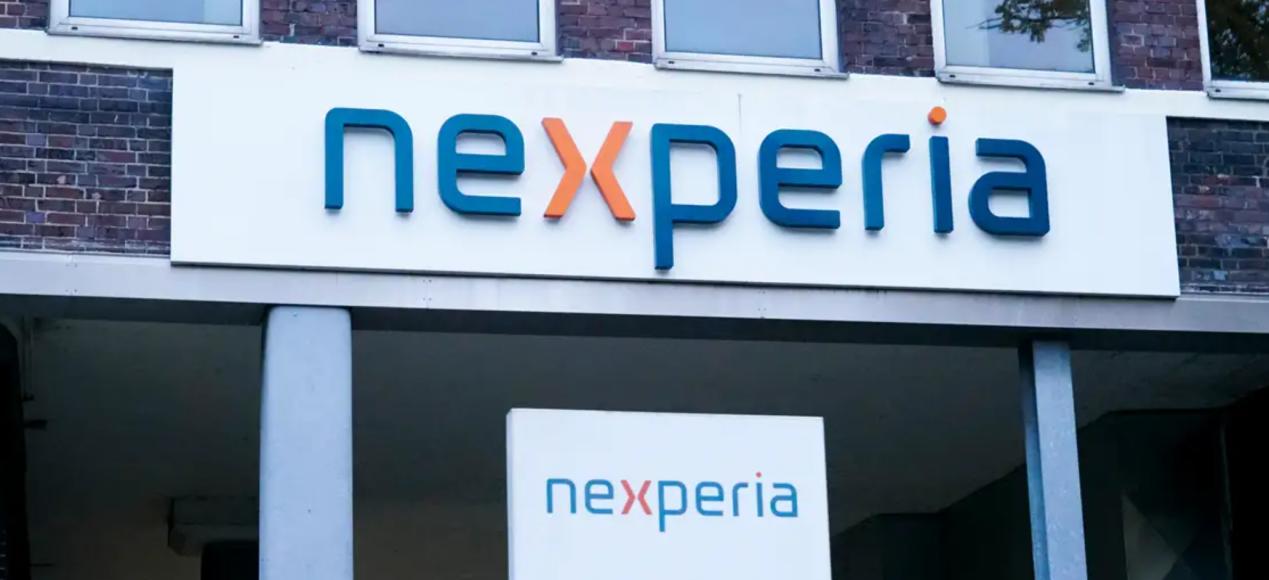
On November 19, 2025, Dutch Minister of Economic Affairs and Climate Policy Vincent van Kemenade issued a statement on social media, announcing the suspension of the ministerial order issued to Nexperia under the Goods Availability Act. This move marks a significant turning point in the over one-month-long dispute over the control of Nexperia, and the tense situation in the global semiconductor supply chain is expected to ease.
The origin of the dispute: "Unfounded" accusations under the influence of geopolitics
Nexperia, formerly the Standard Products Division of Philips Semiconductors, has over 60 years of technological accumulation and is a "hidden champion" in the global power semiconductor field. It ranks among the top three in the global market share of automotive-grade MOSFET chips, with customers including international giants such as Bosch, Tesla, and Apple. In 2019, Chinese company Wingtech Technology spent 26.8 billion yuan to acquire 100% of its equity. This transaction had previously passed regulatory reviews in multiple countries including the European Union, Germany, and the United States, all concluding that it did not involve national security risks.
However, on September 30, 2025, the Dutch government suddenly issued a ministerial order to Nexperia on the grounds of "national security", requiring its 30 global entities not to adjust assets, intellectual property, business, and personnel within one year. Subsequently, the Enterprise Chamber of the Amsterdam Court of Appeal, without a full hearing, ruled to suspend the directorship of Zhang Xuezhang, the actual controller of Wingtech Technology, and entrusted the company's shares to an independent third party. This series of administrative and judicial interventions led to the shutdown of Nexperia's Chinese factory due to the interruption of wafer supply, and the global automotive supply chain faced the risk of supply disruption.
The escalation of the dispute: Supply chain crisis and diplomatic game
Nexperia occupies a key position in the global semiconductor supply chain: its factories in Hamburg, Germany, and Manchester, UK, are responsible for wafer manufacturing, while its factory in Dongguan, China, undertakes 70% of the packaging and testing business. The Dutch government's intervention directly severed this cross-border industrial chain, causing the inventories of major car manufacturers to only be sufficient for 2-3 weeks of production. Companies such as Bosch and BMW were forced to reduce production or suspend operations. According to statistics, after the outbreak of the dispute, the global automotive industry suffered losses of over 10 billion US dollars due to chip shortages.
China responded promptly. The Ministry of Commerce issued multiple statements, accusing the Dutch side of "violating the spirit of contract" and "abusing the concept of national security", and announced that it would grant exemptions for the export of certain chips from Nexperia China to ease supply chain pressure. Meanwhile, the Chinese government exerted pressure on the Dutch side through diplomatic channels, demanding the revocation of the ministerial order and the restoration of normal business operations. The EU's stance on this issue was divided. Germany, France and other countries were concerned about supply chain security, while the US was accused of being the mastermind behind the move - its "piercing rule" for export control was issued on September 29, which was highly synchronized with the Dutch action, and it had previously pressured the Dutch to replace the management of Nexperia Semiconductor.
A turning point emerged: constructive consultations and Dutch concessions
Under the pressure of supply chain crisis and diplomatic pressure, the Dutch government's attitude gradually softened. On November 18-19, China and the Netherlands held two rounds of face-to-face consultations in Beijing. The Dutch side voluntarily proposed to suspend the ministerial order. In his statement, Karemans acknowledged that the "constructive meeting" with Chinese authorities was a key factor in the decision, and praised China's measures to ensure chip supply. Although the erroneous ruling of the enterprise court remained in effect, the suspension of the ministerial order created space for further negotiations between the two sides.
Behind this turning point lies a balance of multiple interests:
1. Economic level: Nexperia Semiconductor contributes about 130 million euros in corporate income tax to the Netherlands each year. The global operation freeze has already caused losses of over 500 million euros to the Dutch semiconductor industry.
2. Industrial level: The European Automobile Manufacturers' Association warned that if the dispute continues, European automakers will be forced to transfer orders to suppliers in the US or South Korea, further weakening Europe's semiconductor autonomy.
3. Political level: The Dutch coalition government was in turmoil due to cabinet reshuffles. As the economy minister of the caretaker government, Karemans' radical policies had already drawn domestic criticism. Suspending the intervention became a compromise solution to ease the conflict.
Although the dispute has temporarily come to an end, the vulnerability of the global semiconductor supply chain has been exposed. The Nexperia incident once again proves that administrative intervention in business operations not only fails to solve technological competition issues, but also undermines market rules and damages the stability of the global supply chain. The turning point in the Nexperia dispute is not only a phased victory in the battle for corporate control, but also a microcosm of the market rules and geopolitical games in the context of global supply chain restructuring. Only by adhering to multilateralism and opposing protectionism can we avoid the recurrence of a "chip crisis" and inject certainty into the global semiconductor industry.

Recently, US Treasury Secretary Mnuchin publicly stated that the selection process for the next chair of the Federal Reserve has been initiated.
Recently, US Treasury Secretary Mnuchin publicly stated tha…
At the dawn of 2026, the United States launched a military …
From the stiff step when it first debuted in 2022 to demons…
"On the early morning of January3,2026, the United States l…
"We absolutely need Greenland," Trump's straightforward sta…
On January 3rd, the US Special Forces launched a surprise a…